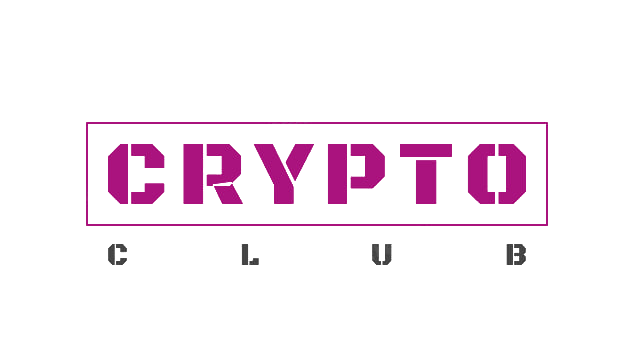
The Central Bank of Nigeria (CBN) recently suspended the provision of bank validation number (BVN) services to all fintech companies and third parties. The decision means non-banks, including crypto startups, have lost one of the most comprehensive identity verification tools in the country.
New identification system
Prior to this latest decision, the CBN accepted the use of the BVN along with all other acceptable identity documents for KYC purposes. According to Apex Bank, this service was used to check for money laundering, fraud and other corrupt practices.
However, a local media explains that the sudden decision by the central bank could be due to the Federal Government’s desire to change Nigeria’s identification system. The report states:
In recent months, the federal government has changed the unique identification numbers of all government agencies, parastatals, and industries to national identification numbers (NIN). These include UTME/JAMB registration, voter registration, banks and SIM cards.
Nevertheless, the report warns that the abolition of the BVN service could increase the cost of additional services for customers.
Following reports of the suspension of the BVN service, Bitcoin.com News asked for the opinion of some crypto industry players in Nigeria. Most players agree that the suspension is not specifically aimed at the cryptocurrency industry. However, some believe that this is just a continuation of the CBN’s policy of stifling innovation and blocking youth participation in the economy.
Nathaniel Luz, a crypto-currency thought leader, describes the CBN’s recent decision as a clash between the old and new currencies. He added that the suspension of BVN service shows that the CBN is still using the same script to frustrate Nigerian youths. In a Facebook post, Luz wrote:
This is evidenced by the fact that most traders on the Nigerian Stock Exchange (NSE) are over 50 years of age and there is no exit option for youths. The old-timers are trying by all means to prevent the boys from becoming economically independent with the new money. This is a very specific element because we know that this is a decade of global change and transfer of wealth.
Attack on fintechs
Meanwhile, another leader in the crypto space, Chiagozi Iwu, CEO of a local crypto-currency exchange, has expressed surprise at the CBN’s decision to suspend the use of the BVN authentication service. He said that while crypto and fintech startups have been trying to make the space (fintech and crypto space) cleaner through the BVN service, the suspension of the service removes the ability to perform KYC on consumers. Iwu explained why the CBN took this decision:
It is becoming very clear that they are just looking for any opportunity to attack fintechs (crypto and non-crypto).
Iwu suspects that since some high-tech startups like Flutterwave are now processing volumes that banks can only dream of, the CBN is now coming to the rescue of the banks by suspending the BVN service.
At the time of writing, the CBN has not disclosed the reasons for the BVN’s suspension. Bitcoin.com News will notify its readers once the CBN has explained the reasons for the suspension.
What do you think of the CBN’s decision to suspend the BVN service? Tell us what you think in the comments below.
Photo credit: Shutterstock, Pixabay, Wiki Commons
Denial: This article is for information only. It is not a direct offer or invitation to buy or sell, nor is it a recommendation or endorsement of a product, service or company. Bitcoin.com does not provide investment, tax, legal, or accounting advice. Neither the company nor the author shall be liable, directly or indirectly, for any damage or loss caused or alleged to be caused by or in connection with the use of or reliance on any content, goods or services referred to in this article.
Related Tags:
cbn bans cryptocurrency,cbn ban cryptocurrency,cbn approves cryptocurrency,Privacy settings,How Search works
